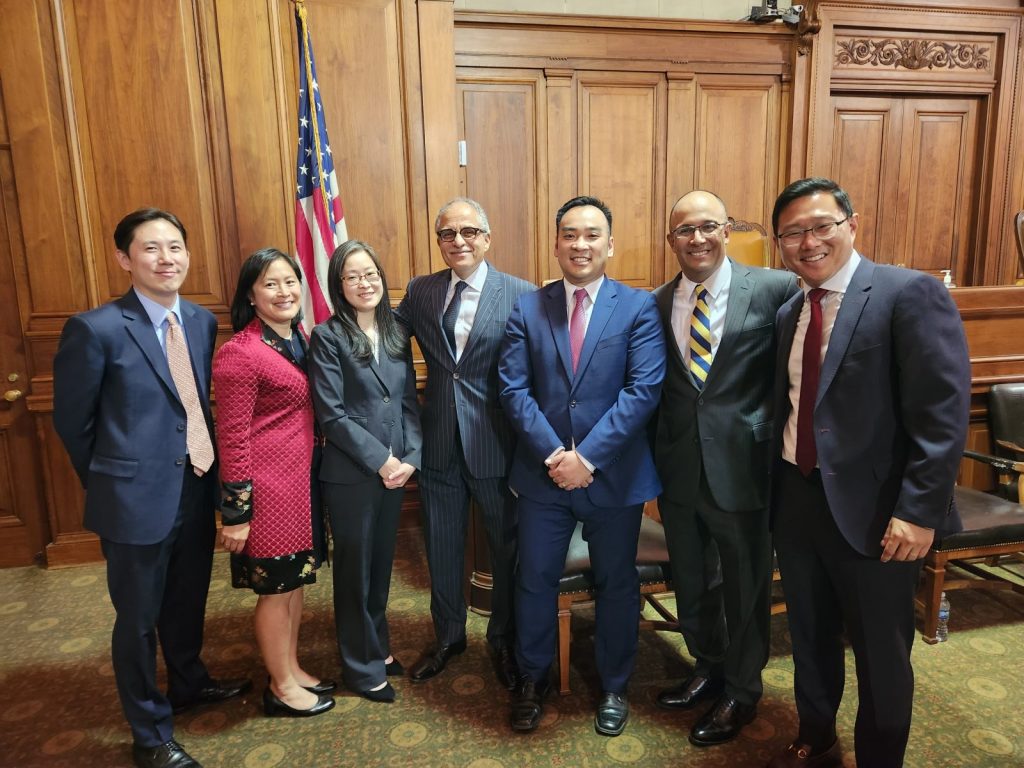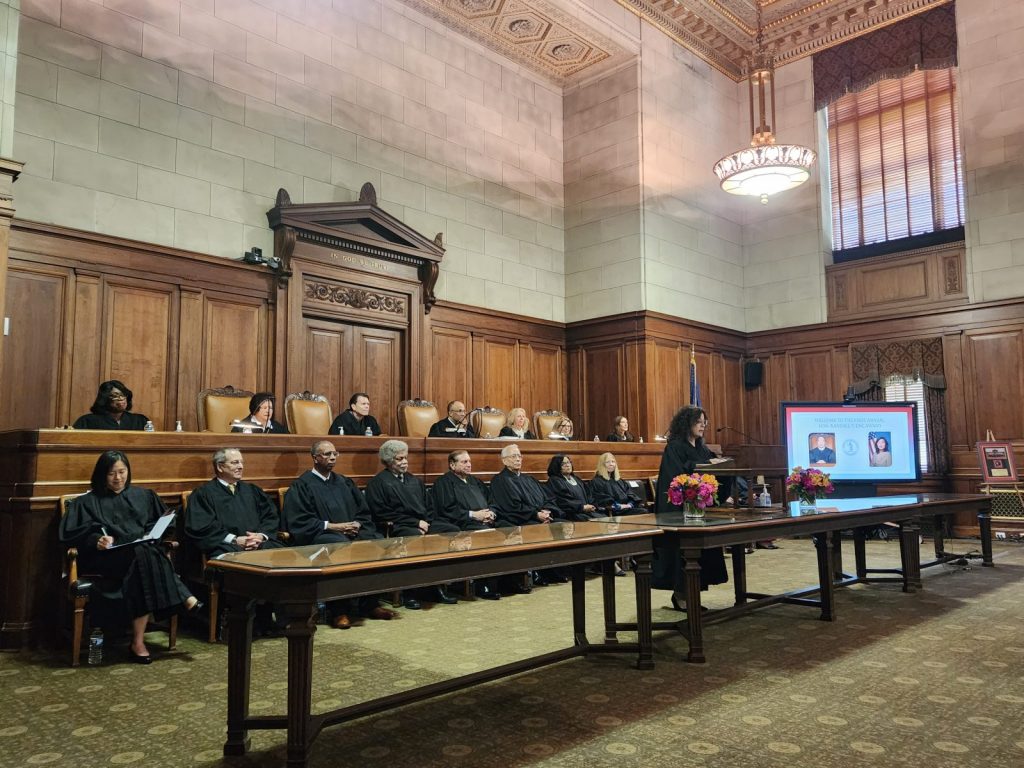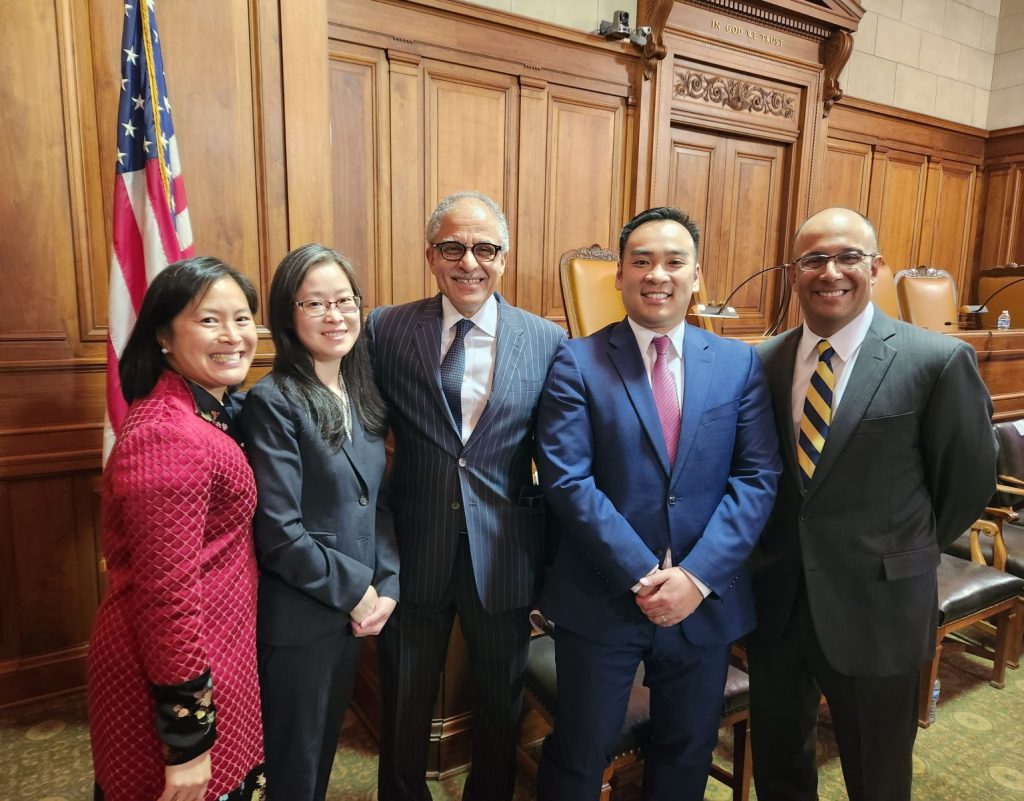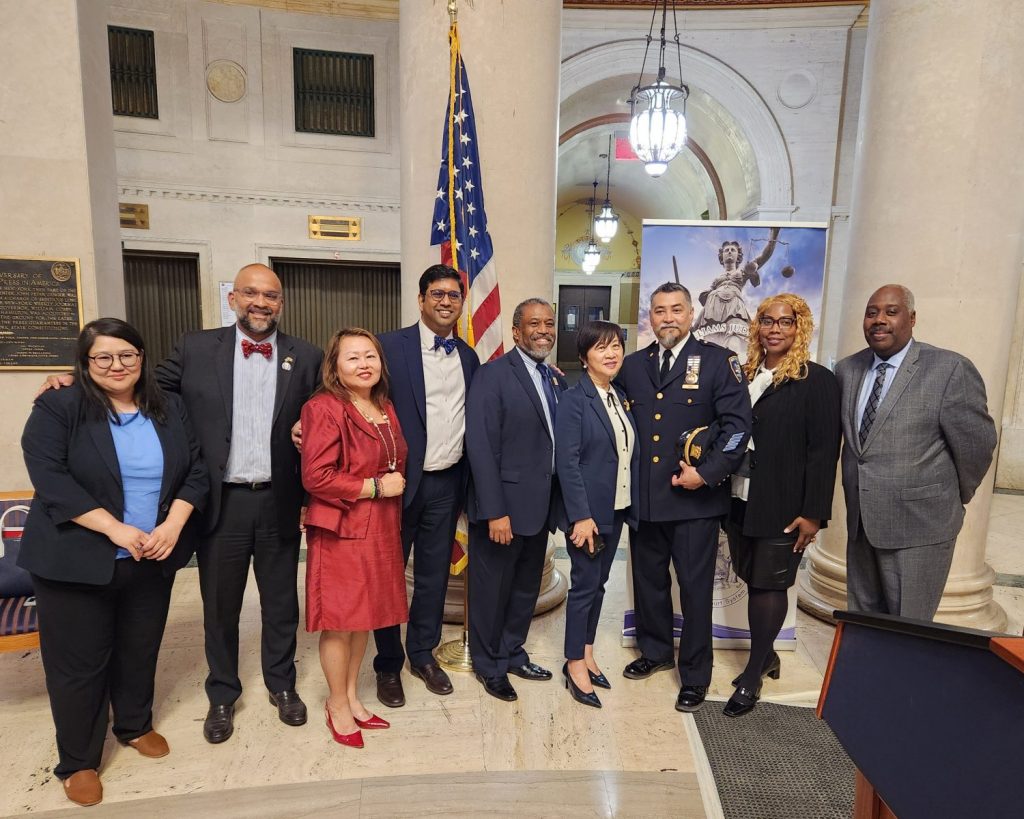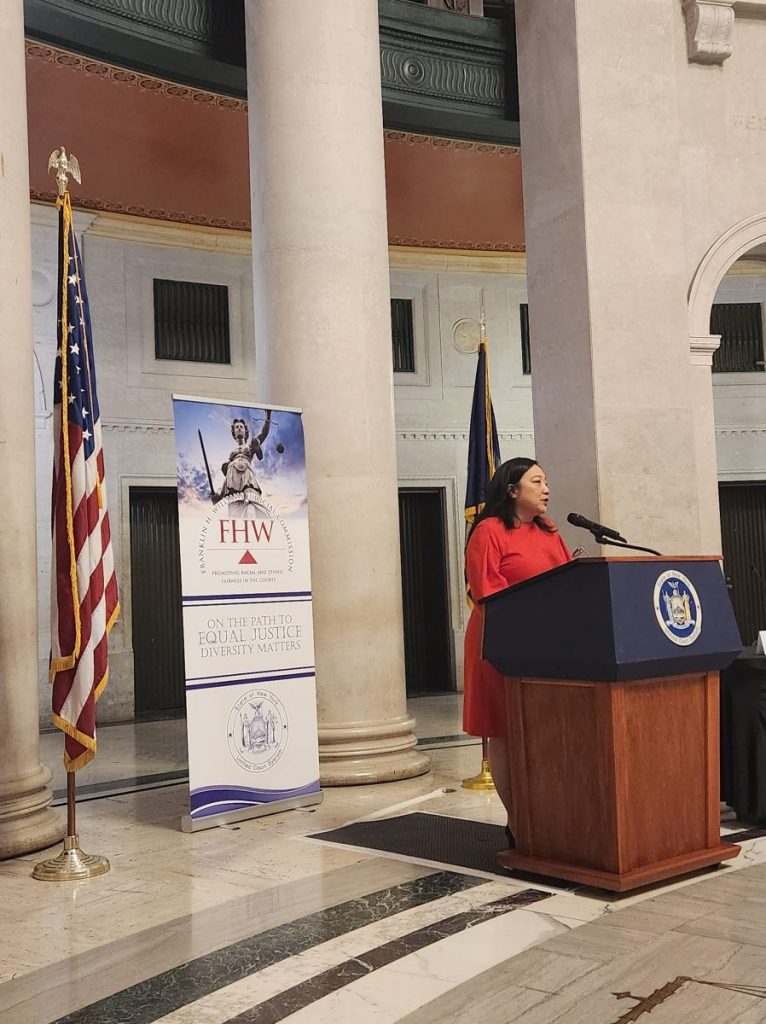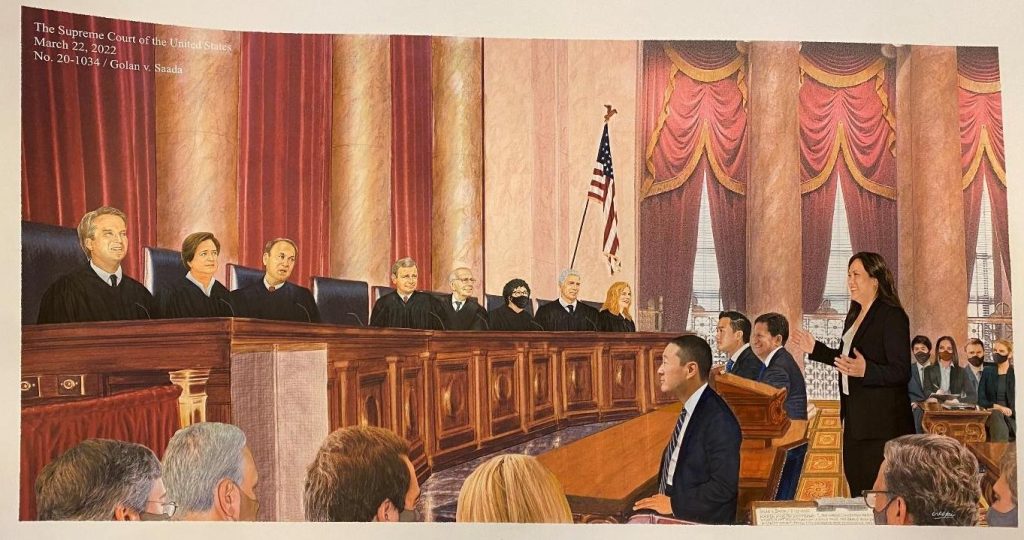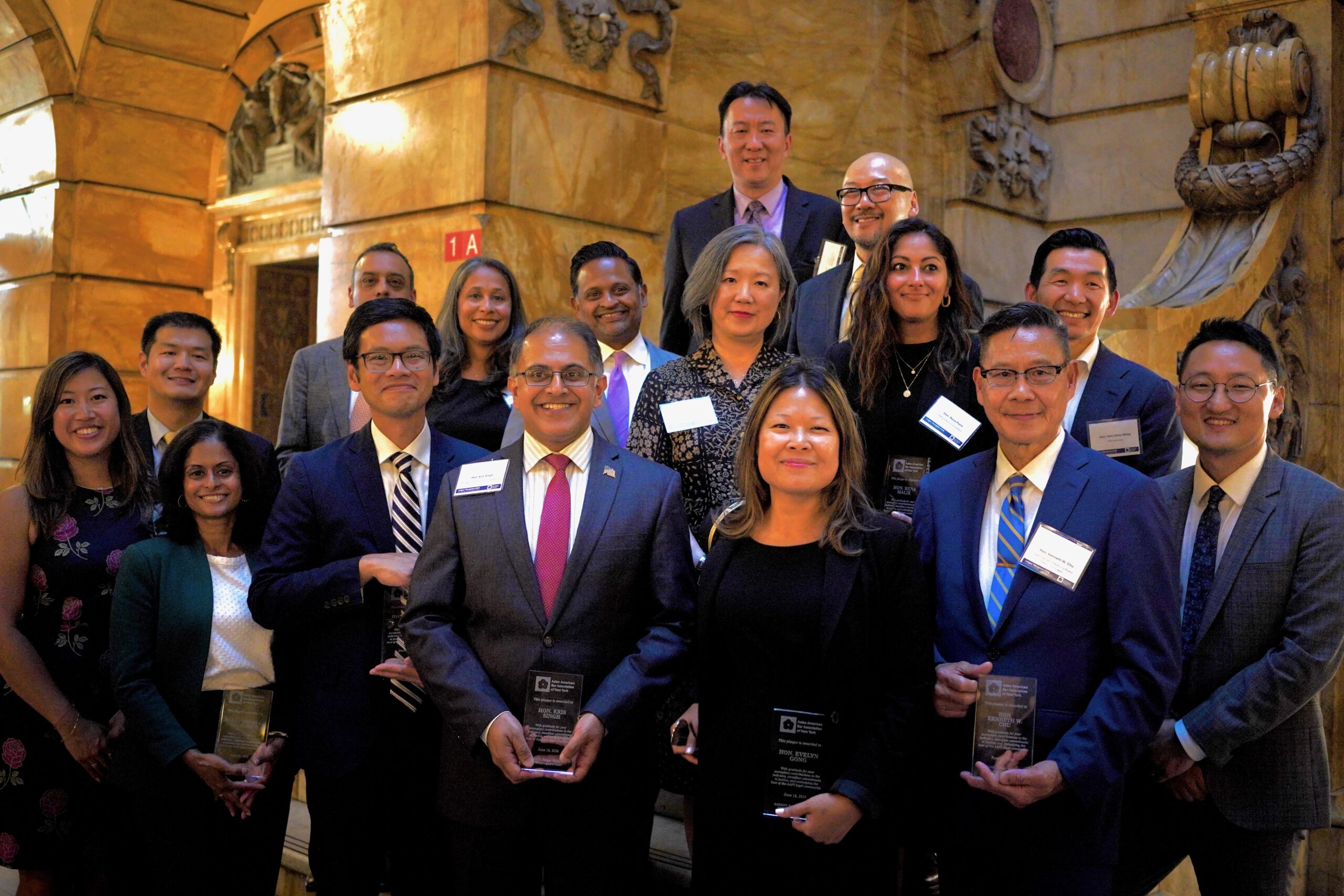
On Tuesday, June 18th, 2024, at the 2024 Annual Judges’ Reception, AABANYs Judiciary Committee honored eighteen newly elected, elevated, or retired AAPI judges, each of whom are incredible trailblazers and represent continuing progress in the ongoing effort to increase AAPI representation in our courts.
The Judiciary Committee’s flagship event was hosted in the main hall of New York City’s Surrogate’s Court. Between sky-reaching pillars, and under the vaulted arch-ceiling the following eighteen judges were recognized and celebrated for their work, effort, and example:
- Hon. Deepa Ambekar (Kings Co. Sup. Ct.)
- Hon. Sanket J. Bulsara (United States District Court, EDNY)
- Hon. Nusrat J. Choudhury (United States District Court, EDNY)
- Hon. Kenneth W. Chu (ret. ALJ, NLRB)
- Hon. Christopher J. Exias (Rockland Co. Fam. Ct.)
- Hon. Evelyn Gong (Queens Co. Civ. Ct.)
- Hon. Dale E. Ho (United States District Court, SDNY)
- Hon. Phillip Hom (App. Term, 2d Dept)
- Hon. Gilbert C. Hong (ret. NY Co. Sup. Ct.)
- Hon. Biju J. Koshy (Supervising Judge, Richmond Co. Crim. Ct.)
- Hon. Karen Lin (Queens Co. Sup. Ct.)
- Hon. Rena Malik (Kings Co. Civ. Ct.)
- Hon. Kim Parker (Court of Claims)
- Hon. Kris Singh (Admin. Judge, 4th Jud. Dist.)
- Hon. Rantideva Singh (NYC Fam. Ct.)
- Hon. Richard Tsai (NY Co. Sup. Ct.)
- Hon. Vikram S. Vilkhu (Brighton Town Justice)
- Hon. John Zhuo Wang (NY Co. Sup. Ct.).
The night began with introductory remarks by Committee Co-Chair Mark Son, who thanked elevated and retired judges for their service and congratulated new judges for their work which allowed them to advance to their new positions. He first praised several judges whose work has had a long-term effect and was substantially significant in making the AAPI voice in the justice system grow and prosper. He then acknowledged all other judges in attendance and expressed regret for being unable to share the breadth of their contributions in the short time allotted.
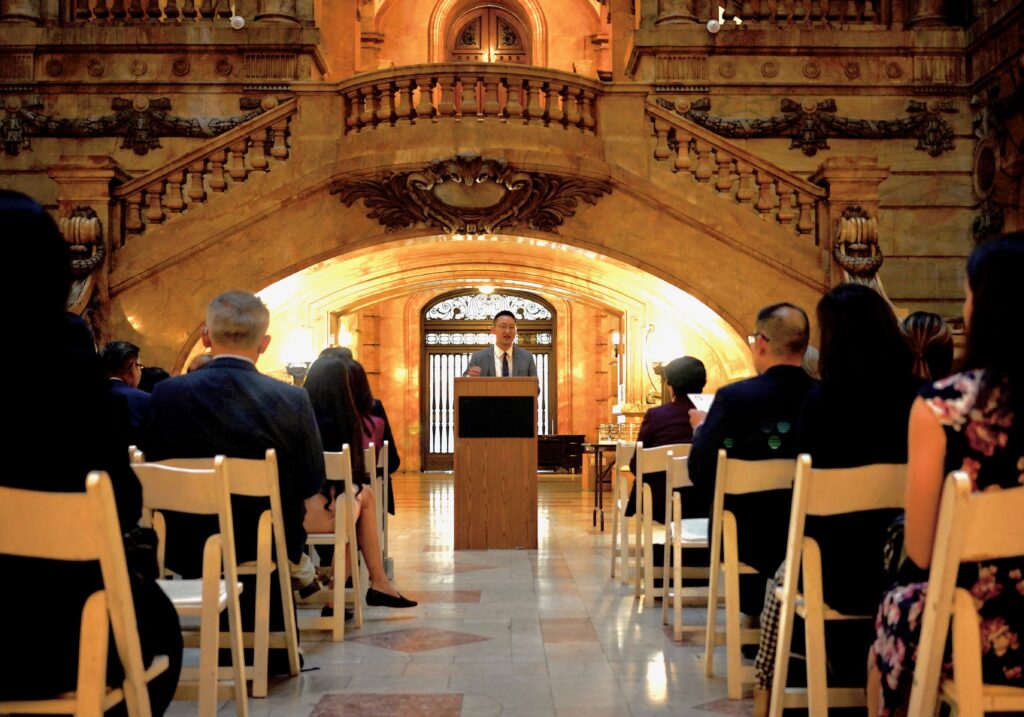
Next to take the podium was AABANY’s current President, Joseph Eng, Jr. He began by reiterating Mark’s congratulatory sentiments, then introduced the eighteen honorees. Each in turn stood up and received warm applause from the audience. President Eng stressed the significance of hosting a Judges’ Reception as far more than an isolated single annual moment, but a day of celebration culminating from decades of work, a day to remind everyone of the great strides that have been made, and all the work that lays ahead in the continued struggle for diversity, equity, and inclusion. President Eng lauded the growth of AAPI representation, while also focusing on the milestones yet to be reached for true representation, drawing attention to the lack of any AAPI judges in the state’s highest court, the Court of Appeals, and in the United States Supreme Court.
Once all the judges present came up to the front of the room to receive their awards, they gathered for a group photo with President Eng and the Judiciary Committee leadership. The deserving honorees were regaled with cheers and applause from everyone.
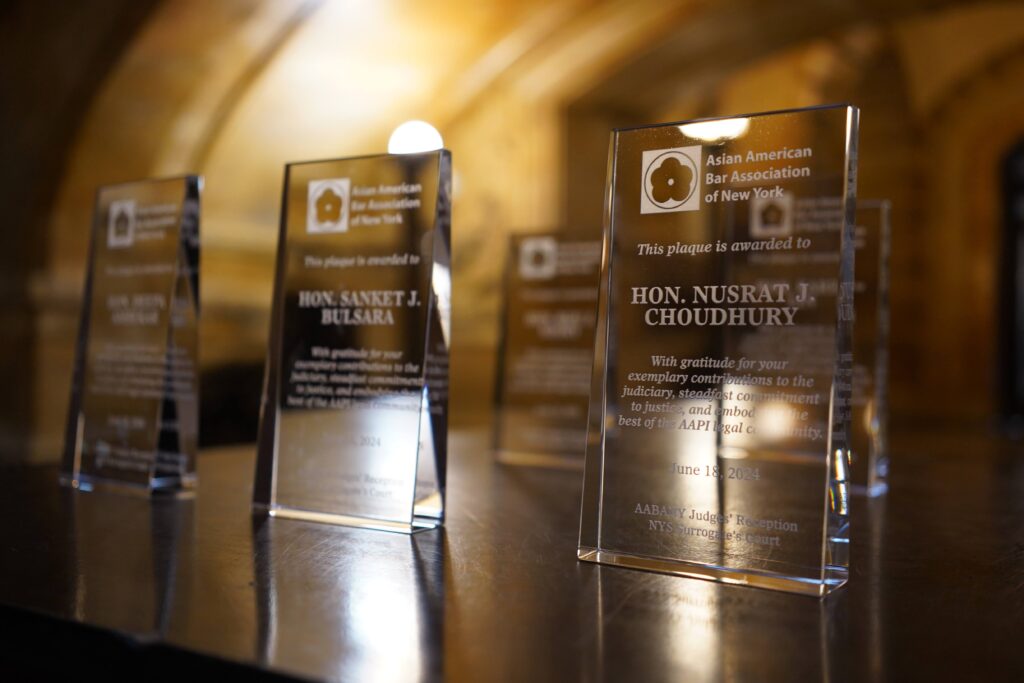
Hon. Shahabuddeen Ally, President of the Asian American Judges Association of New York (AAJANY), then stepped up to the podium to present final remarks. He reiterated the main points of the evening, and celebrated the effort involved in organizing this event. He congratulated the judges being honored and praised the growth of AAPI representation, even as he considered the work that remains ahead and the necessity of diligence and focus to achieve progress. He verbalized the goal of reaching 100 AAPI judges in New York State in the near future as an aspirational challenge. Finally, Committee Vice-Chair Vanessa Kong thanked everyone for attending and invited everyone to partake in the complimentary food and drink catered by Nom Wah. Laughter and stories filled the room, reflecting the camaraderie and mutual respect among the attendees.
As the evening drew to a close, it was evident that this reception was more than just an event; it was a celebration of progress, diversity, and the indomitable spirit of the AAPI community within the judiciary. The honorees left with not only memories of a joyous evening but also with the knowledge that their contributions are making a lasting impact.
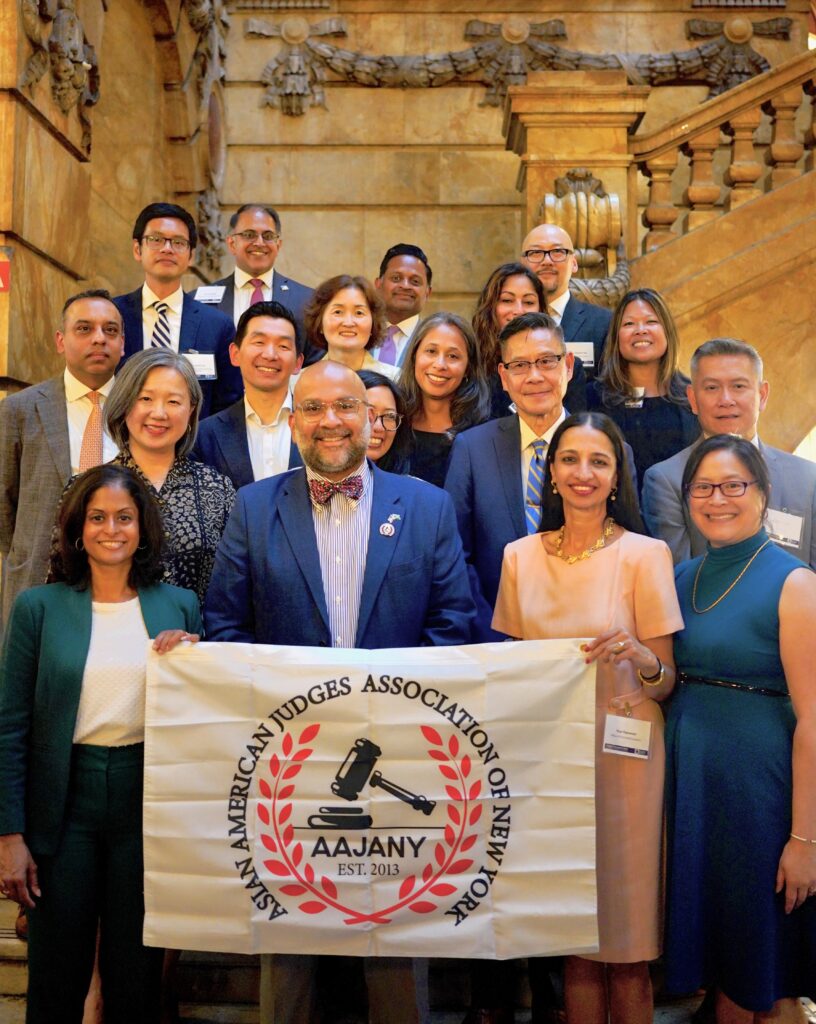
We thank the Judiciary Committee for their tireless effort in making this annual event happen, as well as all the guests who attended. We thank AAJANY and Judge Ally for their participation. Once again, congratulations to all the honorees. To learn more about the Judiciary Committee please click here. To see more photos from the event, go to the album here.







